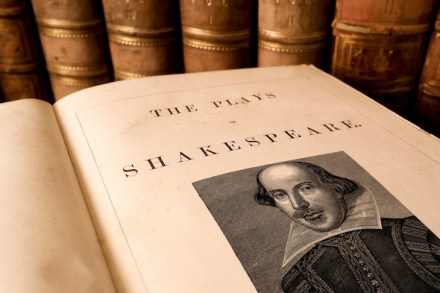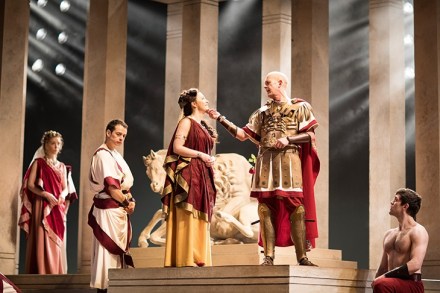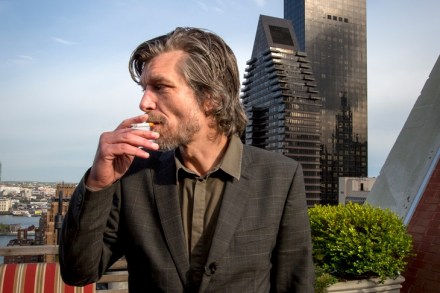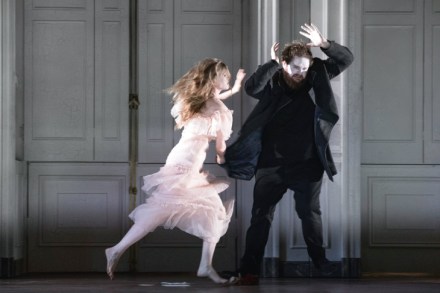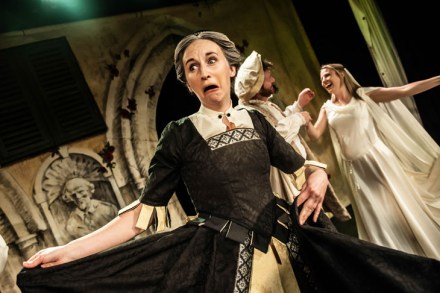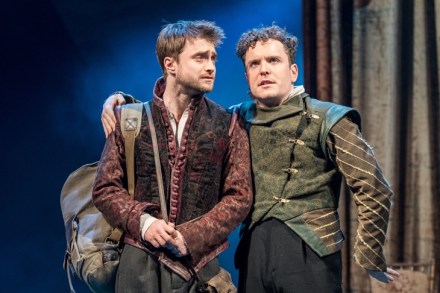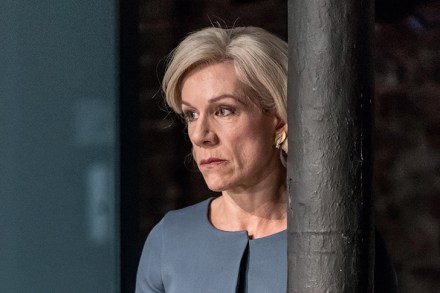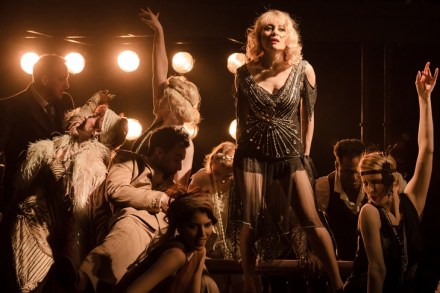Diary – 12 April 2018
If you write a book, even a novel, about Shakespeare you must at least consider the theory that Will of Stratford was not the author of the plays. The arguments for that seem nonsensical to me, but they appeal to conspiracy theorists who, a couple of hundred years from now, will probably contend that Joanne Rowling could not possibly be the author of the Harry Potter books because she’s not a recognised authority on owls. Some years ago an amateur troupe staged Twelfth Night in Charleston, South Carolina. A newspaper review next morning struck me as odd because, instead of discussing the performance, the critic wrote a brilliant essay on
